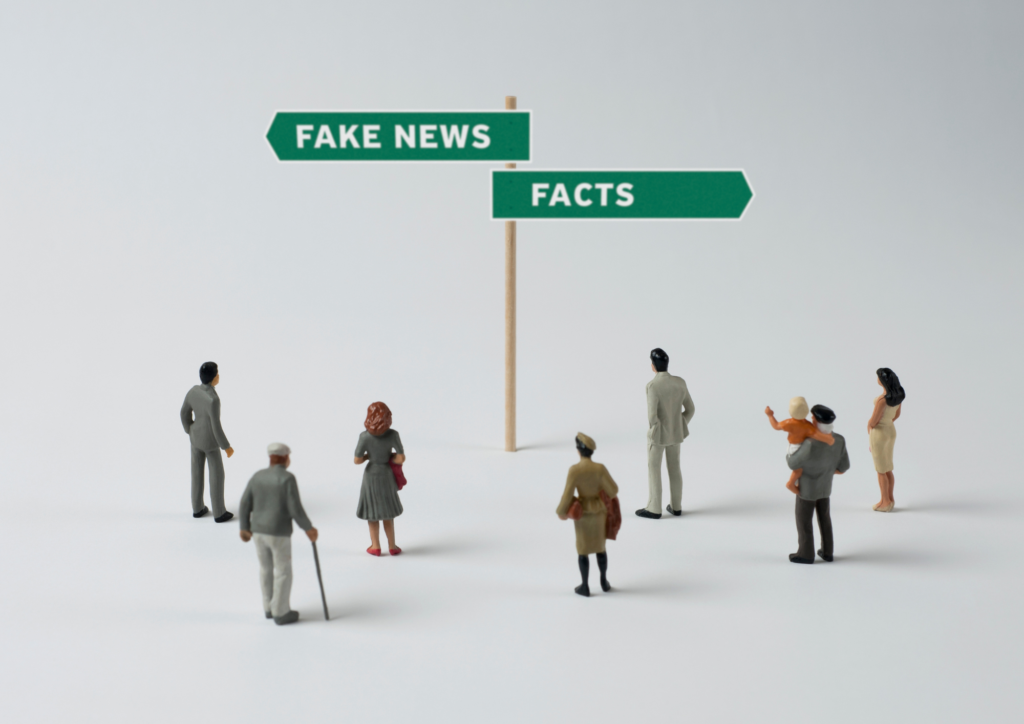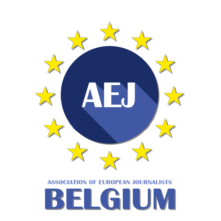
The Association of European Journalists (AEJ) is concerned about current threats and restrictions to media freedom in Central Europe. It is one of the fundamental values of the European Union and requires more protective measures at national and EU level. We demand more protection for independent media, which are irreplaceable as the “fourth power” for a functioning democracy. There must be no intimidation by governments through the withdrawal of funding and advertisements.
There is currently particular cause for concern in several Central European countries: In Austria, the right-wing populist FPÖ party, which became the party with the most votes in the parliamentary elections at the end of September 2024 with 28 percent, has laid claim to the position of Chancellor (head of government). It is now negotiating a coalition with the conservative ÖVP, which has fallen to second place.
Statements by FPÖ leader Herbert Kickl raise fears that as head of government he will try to domesticate critical media by withdrawing state press funding and public advertisements. The public broadcaster ORF in particular is to be brought into line with the government. To this end, the license fee financing that was only introduced last year – compulsory contributions from every household and company in Austria – is to be abolished and replaced by budget contributions.
The Viennese FPÖ leader Dominik Nepp has insulted the liberal daily newspaper “Der Standard” and threatened to withdraw state funding and advertisements. The FPÖ, which was particularly critical of the EU during the election campaign and sits in the right-wing “Patriots for Europe” faction in the European Parliament, has a network of party-owned media – several magazines and two TV channels. At the “press conference” held by FPÖ leader Kickl at the start of the coalition negotiations, no questions were allowed and several critical media such as the weekly newspapers “profil” and “Falter” were not admitted.
In Germany, the far-right party “Alternative for Germany” (AFD) is stepping up its attacks on independent media, which it calls the “lying press.” The interview that AfD leader Alice Weidel gave to the head of “X,” Elon Musk , sparked criticism .
He had previously described the AfD as the only party in Germany that could deal with the problems of migration. After the terrorist attack in Magdeburg, Musk also derided German Chancellor Olaf Scholz as a weakling.
In doing so, a US oligarch and close confidant of the new US President Donald Trump has directly interfered in the German election campaign ahead of the federal elections taking place at the end of February. Since his platform “X” (formerly Twitter) has also stopped fact-checking, the EU Commission is now demanding that “X” disclose algorithms and has initiated proceedings for violating the “Digital Services Act”, which prohibits fake news, disinformation and hate speech.
There are fears that users of “X” will receive increasingly biased and whitewashed reports about Trump’s activities due to Musk’s influence. NGOs and platforms that investigate cases of disinformation will lose state subsidies. Trump wants to do the same with state research institutions that investigate violations of media freedom or discrimination against dissidents.
Trump sees this as censorship and a restriction of freedom of expression.
In Hungary, Prime Minister Viktor Orbán’s ruling Fidesz party has been in control of most media for years. Only a few independent media outlets, especially on the Internet, still report critically about the government.
In Slovakia, the left-wing populist Prime Minister Robert Fico is imitating this course. He has brought public broadcasting completely under his control and has filled most of the management positions with new people. There are protests by employees and demonstrations.
In the EU, media freedom is considered to be part of European values. Therefore, conflicts between the US and the EU are to be expected in the area of media policy.
The AEJ, founded in 1962 by journalists from Italy, France and Germany in San Remo (Italy), is an NGO committed to media freedom and European integration. AEJ currently has more than 700 members in 16 European countries.”
